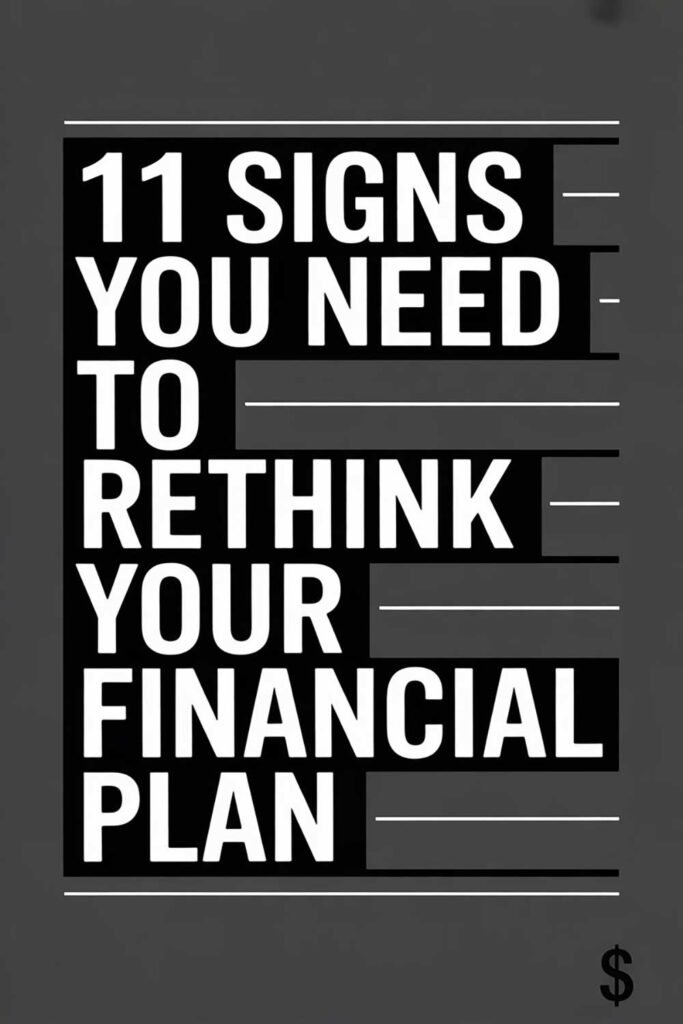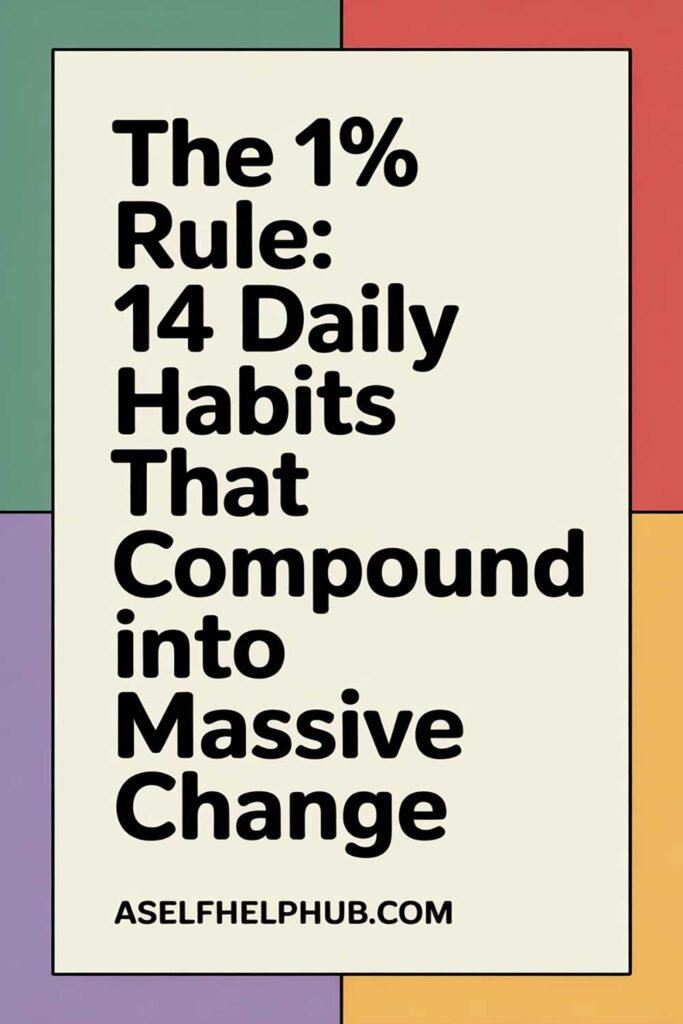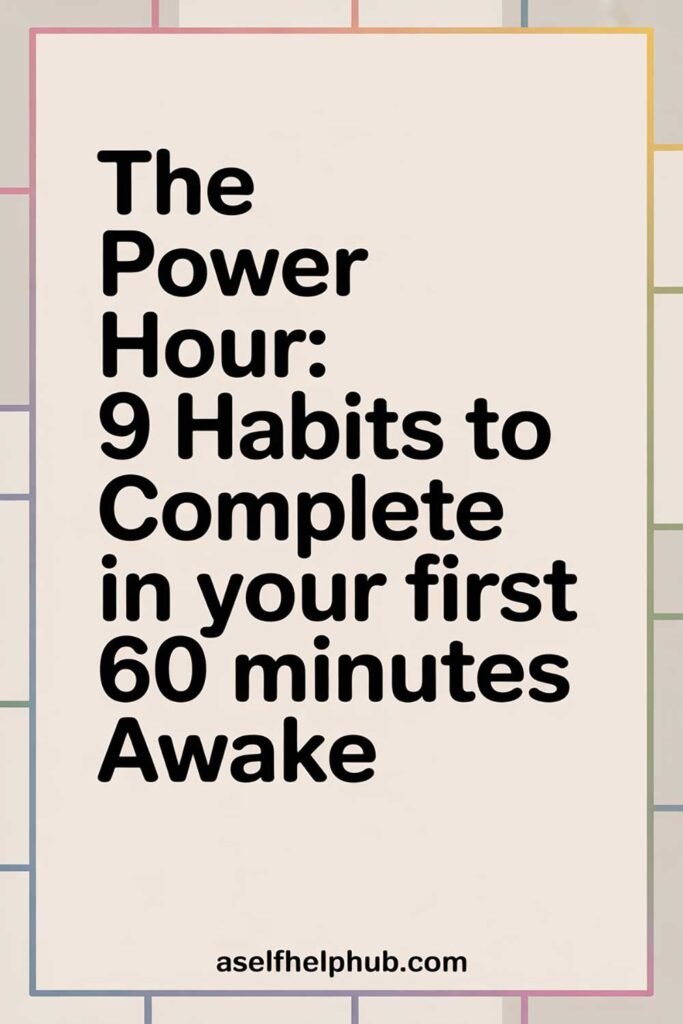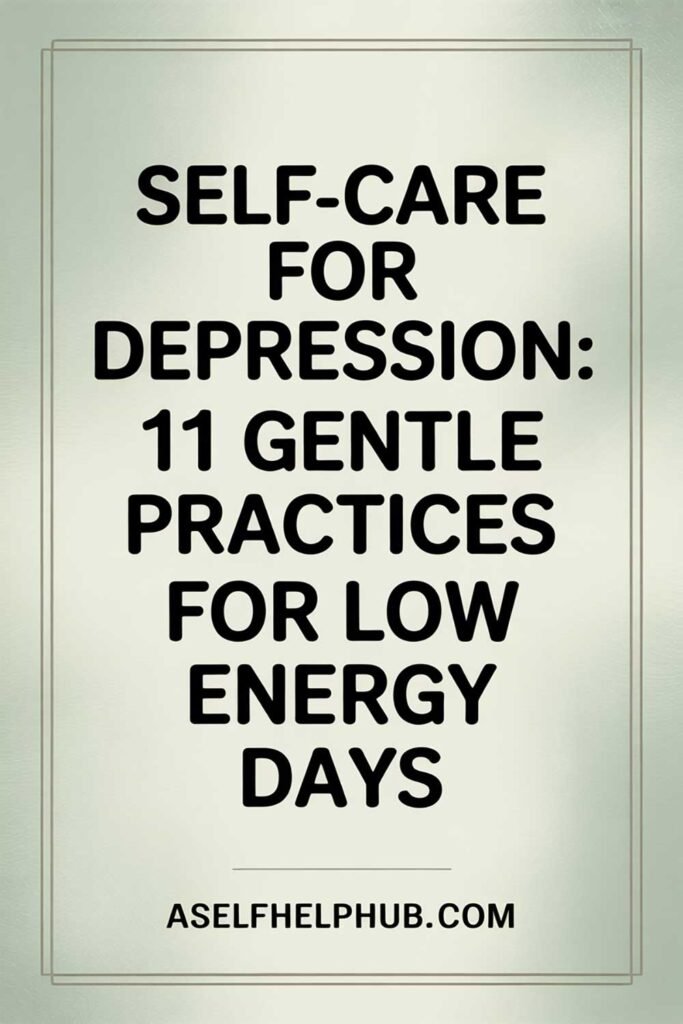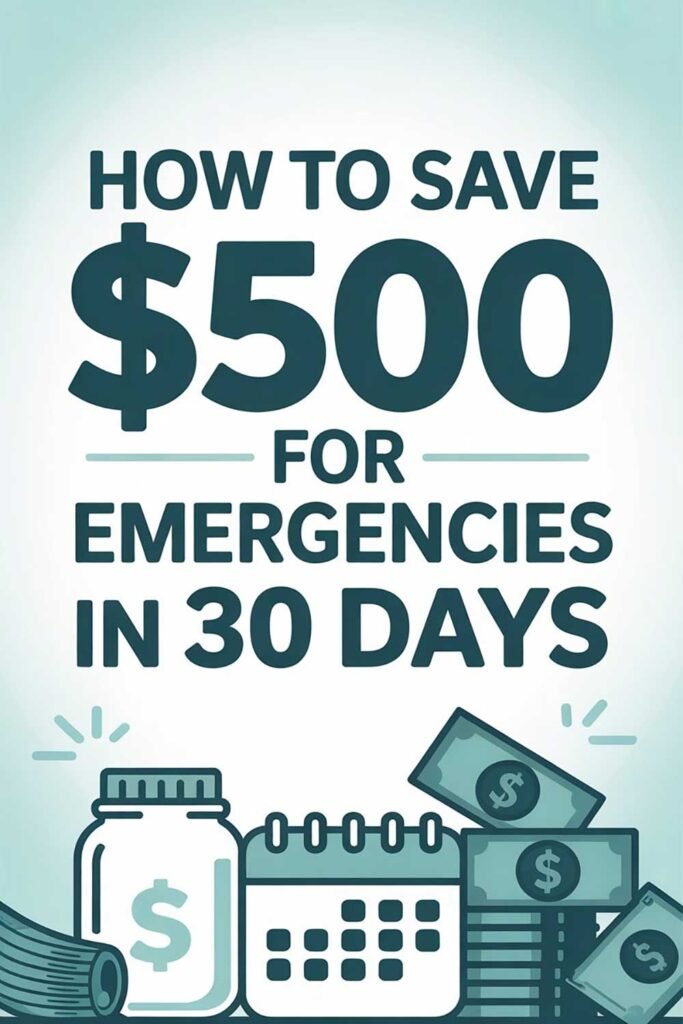
Stress Management: Taking Control of Your Well-Being
In the relentless rhythm of modern life, stress has become an almost constant companion. From demanding careers and financial pressures to family responsibilities and the pervasive influence of digital connectivity, we are bombarded daily with stressors that can leave us feeling overwhelmed, exhausted, and emotionally drained. While a certain level of stress can be motivating, chronic, unmanaged stress is a silent assailant, eroding our physical health, mental clarity, and overall well-being.

The pervasive belief that stress is an unavoidable part of success or a sign of being “busy” often prevents us from addressing it effectively. But stress doesn’t just happen to us; it’s also a product of how we perceive and respond to life’s demands. The good news is that you possess remarkable power to manage your stress response, transform overwhelming challenges into manageable tasks, and reclaim your peace of mind. This ability to actively manage your internal state is fundamental to overall money management and financial control.
This article will delve into effective stress management strategies, exploring practical techniques to understand, reduce, and prevent chronic stress, empowering you to take control of your well-being and live a more balanced, resilient, and fulfilling life.
The Silent Drain: How Unmanaged Stress Impacts You
Ignoring stress has far-reaching consequences that extend beyond just feeling “tired” or “wired”:
- Physical Health: Headaches, digestive issues, sleep disturbances, weakened immune system, high blood pressure, increased risk of heart disease.
- Mental Health: Anxiety, depression, irritability, difficulty concentrating, memory problems, decision fatigue.
- Emotional Well-being: Mood swings, feelings of overwhelm, cynicism, detachment, reduced joy and motivation.
- Relationships: Short temper, withdrawal, communication breakdowns, increased conflict.
- Productivity & Performance: Decreased focus, increased errors, procrastination, reduced creativity and problem-solving abilities.
Understanding these impacts highlights why active stress management isn’t a luxury, but a necessity for thriving in today’s world.
Stress Management: Proactive Strategies for Control
Effective stress management isn’t about eliminating all stress (an impossible and undesirable goal) but about building resilience and developing healthy coping mechanisms.
1. Identify Your Stressors and Triggers
You can’t manage what you don’t recognize.
- The Strategy: Become an observer of your own stress. Keep a stress journal for a week: note down when you feel stressed, what triggered it, your physical and emotional reactions, and your immediate coping response. Look for patterns.
- Why it Works: This self-awareness helps you pinpoint the root causes of your stress, allowing you to address them directly rather than just reacting to symptoms.
- Real-Life Example: Sarah realized her highest stress levels consistently occurred after checking work emails late at night. Identifying this trigger allowed her to implement a new boundary: no work emails after 7 PM, immediately reducing a major source of evening anxiety.
2. Practice Mindful Breathing & Body Awareness
Your breath is an immediate tool for calming your nervous system.
- The Strategy: When you feel stress rising, take a few deep, slow breaths. Inhale deeply through your nose, hold for a few counts, then exhale slowly through your mouth. Pay attention to the sensation of your breath. Engage in quick body scans to identify and release tension. This is a powerful technique often found among 20 everyday stress hacks that actually help and are easy to follow.
- Why it Works: Deep breathing activates your parasympathetic nervous system, triggering a relaxation response. Body awareness helps you release physical tension that often accompanies stress.
- Real-Life Example: Mark used to get knots in his shoulders during stressful meetings. He started taking a few deep, intentional breaths and consciously relaxing his shoulders whenever he felt tension building, preventing minor stress from escalating into a full-blown headache.
3. Set Clear Boundaries (Time, Energy, Digital)
Protecting your personal space and energy is paramount.
- The Strategy: Learn to say “no” to requests that overcommit you. Establish clear work hours and stick to them. Create digital detox periods (e.g., no phone an hour before bed). Communicate these boundaries clearly.
- Why it Works: Boundaries prevent overextension and ensure you have dedicated time for rest, recovery, and personal life, reducing chronic stress. This is particularly crucial for entrepreneurs and freelancers, where self-management is key, as discussed in 8 money management tips for freelancers and entrepreneurs.
- Real-Life Example: Emily, a freelance writer, always felt overwhelmed. She implemented a strict “no weekend work” rule, despite client demands. This boundary allowed her to fully recharge, resulting in higher quality work during the week and significantly less overall stress.
4. Optimize Your Environment (Physical & Digital)
Reduce external stressors by creating a more calming and organized space.
- The Strategy: Declutter your workspace. Minimize visual and auditory distractions. Optimize lighting. For digital environments, close unnecessary tabs, turn off non-essential notifications, and unsubscribe from irrelevant emails.
- Why it Works: A chaotic environment contributes to mental clutter and stress. A calm, organized space promotes focus and reduces overwhelm.
- Real-Life Example: David found his cluttered desk created a constant sense of anxiety. By dedicating 15 minutes each evening to tidying his workspace, he started each morning with a clear, calm area, immediately reducing his morning stress levels and promoting better concentration. This kind of environmental control is also key to creating a calm atmosphere at home, for instance, to how to simplify your finances for a stress-free life.
5. Practice Regular Physical Activity
Exercise is a powerful stress reliever and mood booster.
- The Strategy: Incorporate regular physical activity into your routine. This doesn’t have to be intense; walking, jogging, dancing, yoga, or stretching can all be effective. Aim for at least 30 minutes most days.
- Why it Works: Exercise releases endorphins (natural mood elevators), reduces stress hormones, and provides a healthy outlet for pent-up energy and tension.
- Real-Life Example: Liam used to deal with work stress by bottling it up. He started going for a brisk 30-minute walk after work. This physical release helped him clear his head, process the day’s stressors, and return home feeling calmer and more present.
6. Cultivate Mindfulness and Presence
Bring your attention to the present moment, detaching from worries about the past or future.
- The Strategy: Practice short mindfulness exercises (e.g., a mindful walk, mindful eating, or a 5-minute breath anchor). Engage fully in the activity at hand, rather than letting your mind wander. For immediate calm, even just a 5-minute daily practices for a stress-free mindset can make a profound difference.
- Why it Works: Mindfulness reduces rumination (dwelling on negative thoughts) and catastrophizing (imagining worst-case scenarios), which are major contributors to stress.
- Real-Life Example: Brenda often worried about future deadlines. She started practicing mindful eating at lunch, focusing entirely on the flavors and textures of her food. This small act grounded her in the present, reducing her anxious thoughts and making her feel calmer for the afternoon.
The Journey to Lasting Well-Being
Stress management is an ongoing process of self-awareness, adaptation, and consistent practice. There’s no one-size-fits-all solution, and what works one day might need adjustment the next. The key is to be attuned to your own signals, compassionate with yourself, and proactive in implementing strategies that support your well-being.
By actively taking control of your stress response, you’re not just reducing discomfort; you’re building resilience, improving your health, enhancing your relationships, and ultimately unlocking a more joyful, balanced, and fulfilling life. Your well-being is too important to leave to chance.
20 Empowering Quotes on Stress Management and Well-being:
- “It’s not stress that kills us, it is our reaction to it.” – Hans Selye
- “You have power over your mind – not outside events. Realize this, and you will find strength.” – Marcus Aurelius
- “The quieter you become, the more you can hear.” – Ram Dass
- “Rule your mind or it will rule you.” – Horace
- “Almost everything will work again if you unplug it for a few minutes, including you.” – Anne Lamott
- “Stress is an ignorant state. It believes that everything is an emergency.” – Natalie Goldberg
- “Worrying is like a rocking chair. It gives you something to do but gets you nowhere.” – Van Wilder
- “Breathe. Let go. And remind yourself that this very moment is the only one you know you have for sure.” – Oprah Winfrey
- “Self-care is not selfish. You cannot pour from an empty cup.” – Unknown
- “The greatest weapon against stress is our ability to choose one thought over another.” – William James
- “The time to relax is when you don’t have time for it.” – Sydney Harris
- “It’s not what happens to you, but how you react to it that matters.” – Epictetus
- “Peace comes from within. Do not seek it without.” – Buddha
- “The root of suffering is attachment.” – Buddha (Attachment to control, outcomes).
- “Your body hears everything your mind says. Be kind.” – Unknown
- “What consumes your mind controls your life.” – Unknown
- “Rest and self-care are so important. When you take time to replenish your spirit, it allows you to serve others from the overflow. You cannot serve from an empty vessel.” – Eleanor Brownn
- “To be calm is the highest achievement of the self.” – Zen Proverb
- “The art of living is more like wrestling than dancing.” – Marcus Aurelius (Stress requires active engagement).
- “Inner peace begins the moment you choose not to allow another person or event to control your emotions.” – Unknown
Picture This
Imagine your life as a beautifully intricate, but sometimes chaotic, symphony. Stress is like an off-key instrument, or a section playing too loudly, disrupting the harmony and creating discord. If left unchecked, the whole orchestra sounds terrible, and the conductor (you) feels overwhelmed. Stress management is like you, the conductor, stepping in with precise skill. You identify the off-key instrument, gently bring down the volume of the loud section, and ensure each instrument plays its part in harmony. You adjust, you guide, you balance. The music isn’t silent; it’s still complex and dynamic, but now it flows beautifully, resonating with a sense of control, balance, and well-being.
Share This Article
Did this article help you understand how to take control of your stress? Share it with friends, family, or on social media to help others manage their well-being and find greater peace!
Disclaimer
This article is intended for informational purposes only and provides general guidance on stress management strategies. Individual results and effective techniques may vary based on personal circumstances, the nature of stressors, and underlying health conditions. It is not a substitute for professional medical advice, diagnosis, or treatment for chronic stress, anxiety disorders, depression, or other mental health conditions. If you are experiencing severe or persistent stress or distress, please consult with a qualified healthcare or mental health professional.


